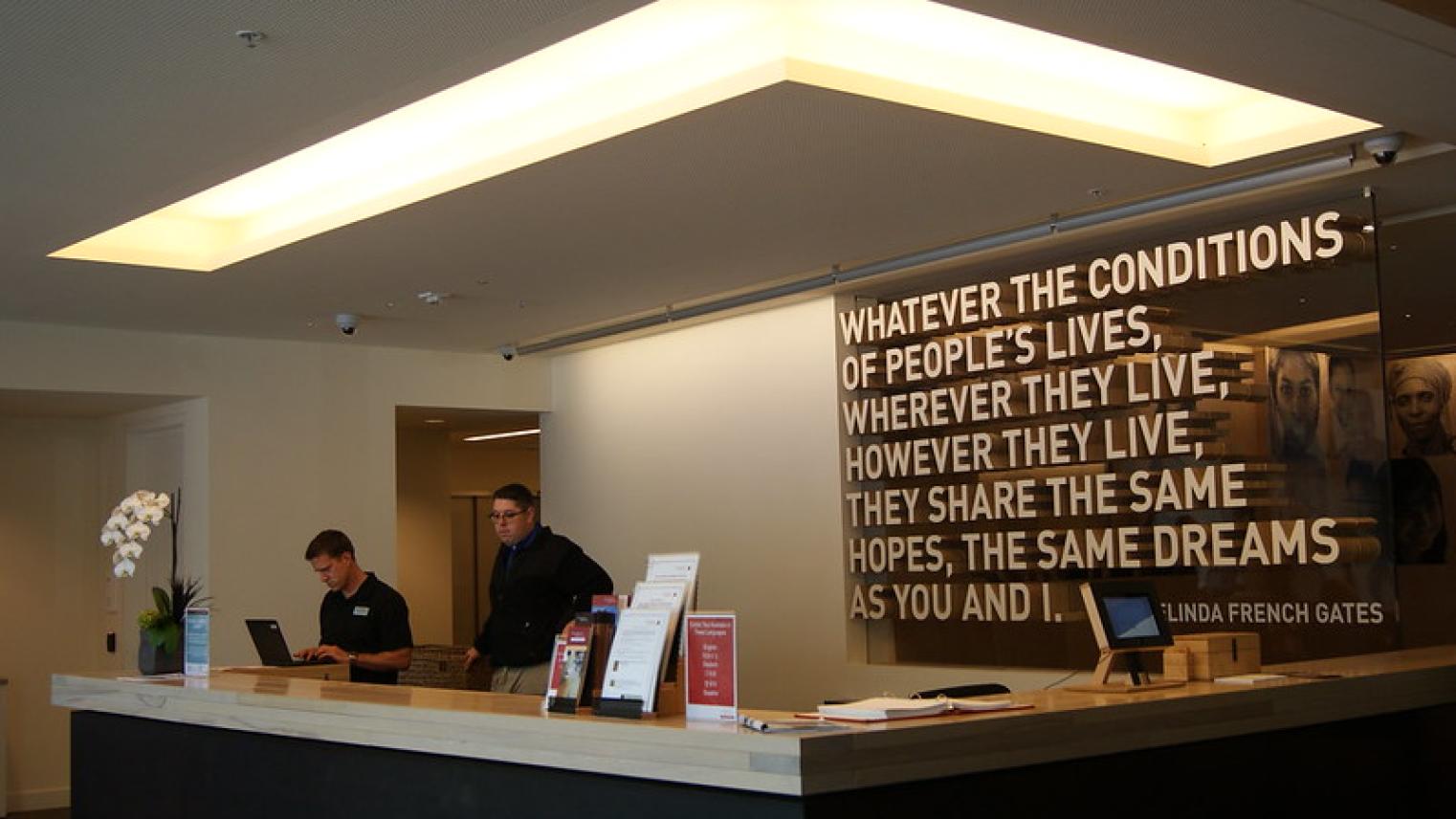Investigating how the Gates Foundation contributes to entrenching the patent-based global pharmaceutical innovation system.
Nonstate actors of all organizational forms and vocations have become increasingly influential in global governance, taking on more and more governing functions. However, scholarship often limits their influence to sub-functions of governance, on the basis that these actors are deprived of an institutional mandate that would allow them to undertake a more central governance role.
This study challenges this theoretical assumption by investigating how the Bill and Melinda Gates Foundation steers the global governance of the pharmaceutical innovation system. While public health activists have advocated for alternative models to the current patent-reliant system, the foundation could be entrenching the monopolistic system which enables its own wealth; a ‘philanthrocapitalist’ agenda.
Building on orchestration literature, this research first looks at how the foundation uses its convening, ideational and material power to create a network of global health partnerships (GHPs) and use them as intermediaries with other public and private actors of the governance ecosystem.
It then considers how the mandate struggles among existing intergovernmental organizations contribute to the attractiveness of the GHPs. Finally, this research considers how the foundation’s orchestration impacts the governance system by considering its structural and regulatory effects.
First, it may create a bypassing route beyond the multilateral gridlocks and monitoring. Second, by becoming central in provision and distribution of pharmaceutical innovation, the orchestration network may lead to political entrenchment in the patent-based system.
The first question will use theory-testing process-tracing, building on a mixed method that combines document analysis, social network analysis and semi-structured interviews with key informants. The subsequent questions will take a theory-building process-tracing approach and will mainly rely on the semi-structured interviews. The latter will be held with key informants within and outside board of GHPs, the foundation, and other actors involved and not involved with GHPs.
This seminar is Cynthia's Confirmation of Candidature presentation. As such, the presentation is a closed event for RegNet staff, visitors and students only.
About the speaker
Cynthia Couette is doing a Dual Degree PhD at the School of Regulation and Governance, at the ANU, and at the Political Science Department, at Université Laval. She is working under the supervision of Associate Professor Ashley Schram and Professor Jean-Frédéric Morin, respectively.
Her research affiliations include the Canada Research Chair in International Political Economy, the Australian Centre for Health Equity, the Australian Centre for Space Governance, and the Working Group on Earth-Space Governance of Earth System Governance.
COVID protocols
The ANU strongly encourages you to keep a mask with you at all times (for use when COVID-19 safe behaviours are not practicable) and to be respectful of colleagues, students and visitors who may wish to continue to wear one. Please continue to practice good hygiene. If you are unwell, please stay home. The ACT government’s COVID Smart behaviours can be accessed here.
This seminar presentation is in-person only. Registration is not required for in-person attendance as neither the ANU nor ACT Health conduct contact tracing any longer.
If you require accessibility accommodations or a visitor Personal Emergency Evacuation Plan please email regnet.communications@anu.edu.au.
Image credit: Image of Bill & Melinda Gates Foundation Visitor Center, Seattle, Washington, USA, by Jack at Wikipedia on flickr, free to use under CC BY-SA 2.0 DEED licence.
